The FBI's demand that Apple help it crack the iPhone 5c of San Bernardino shooter Syed Farook has a "limited" scope, without impact beyond that case, according to a new editorial by FBI Director James Comey.
"The particular legal issue is actually quite narrow," Comey wrote in Lawfare. "The relief we seek is limited and its value increasingly obsolete because the technology continues to evolve."
The FBI has been asking that Apple modify iOS 9 on a single iPhone to remove a limit on passcode attempts. When on, the feature prevents hackers from trying a brute-force unlock, since iOS will automatically delete a device's data after the limit is reached.
"We simply want the chance, with a search warrant, to try to guess the terrorist's passcode without the phone essentially self-destructing and without it taking a decade to guess correctly. That's it. We don't want to break anyone's encryption or set a master key loose on the land," Comey added.
The comment is a direct reference to Apple CEO Tim Cook's argument that creating a workaround for the FBI would also create a "master key" that could be used to break into any iPhone, not just Farook's, and undermine the security of all iOS devices.
Comey suggested that there is now a "serious tension" between privacy and security created by new technology, which should be resolved not by corporations or the FBI but by the American public, which also needs to find the "right balance" given the long-term impact. He also invoked the memory of the San Bernardino victims however, saying that the FBI "simply must do all we can under the law" to investigate.
On Monday Cook issued a memo to Apple workers, calling on the FBI to withdraw its demands. He also supported the idea of a government commission or panel to address the issue of encryption.
Recently it was revealed that the FBI worked with San Bernardino County to reset the Apple ID password associated with Farook's iPhone, ironically preventing Apple from retrieving data via an iCloud backup.
 Roger Fingas
Roger Fingas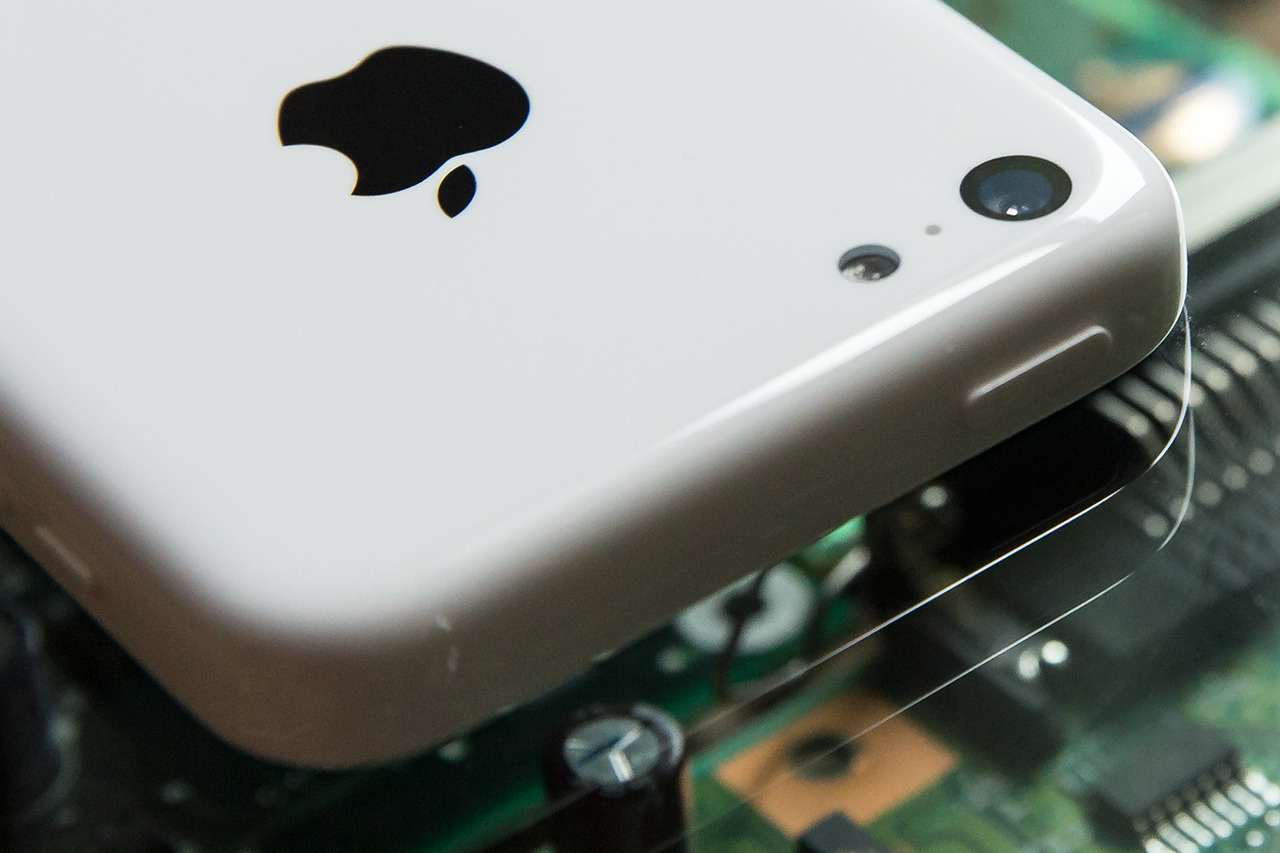


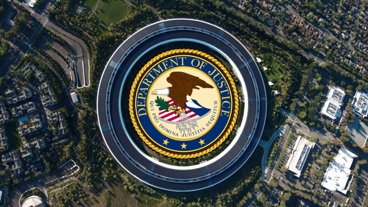
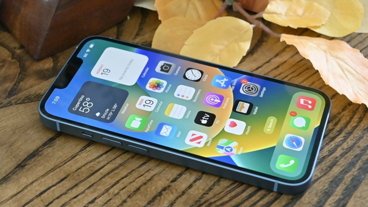




 AppleInsider Staff
AppleInsider Staff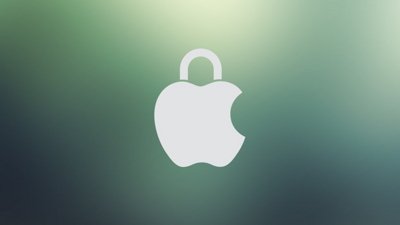
 Chip Loder
Chip Loder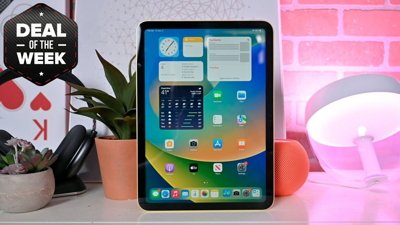
 Christine McKee
Christine McKee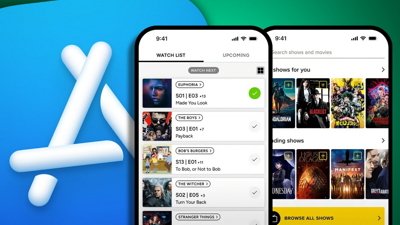
 Malcolm Owen
Malcolm Owen
 William Gallagher
William Gallagher


 Andrew Orr
Andrew Orr








98 Comments
Said the guy whose organization screwed up the investigation.
I wrote this a short while ago in a post to a Monday Note article about this.
"
All a search warrant does is to allow the government to ATTEMPT to open a safe, or read your mail, etc. it doesn’t mean that you have to cooperate. It means that if necessary, the government has to do the work.
That’s no different here. If the government want to try this themselves, no one is saying that they shouldn’t. But requiring Apple to do so is putting everyone on edge. A problem is that a company is only required to do this if it doesn’t present an undue burden.
While the FBI is saying that it’s only one phone, that’s nonsense, and they know it. If Apple does this one phone, they will get thousands of requests from US law enforcement for every imaginable offense. Then Apple will get thousands of “requests” from every foreign government. They will need to open a department of programmers and manage to, as well as a legal team to evaluate every request, and to implement those that they consider legal, which itself will lead to some possible court action.
This is both improper, and impossible.'